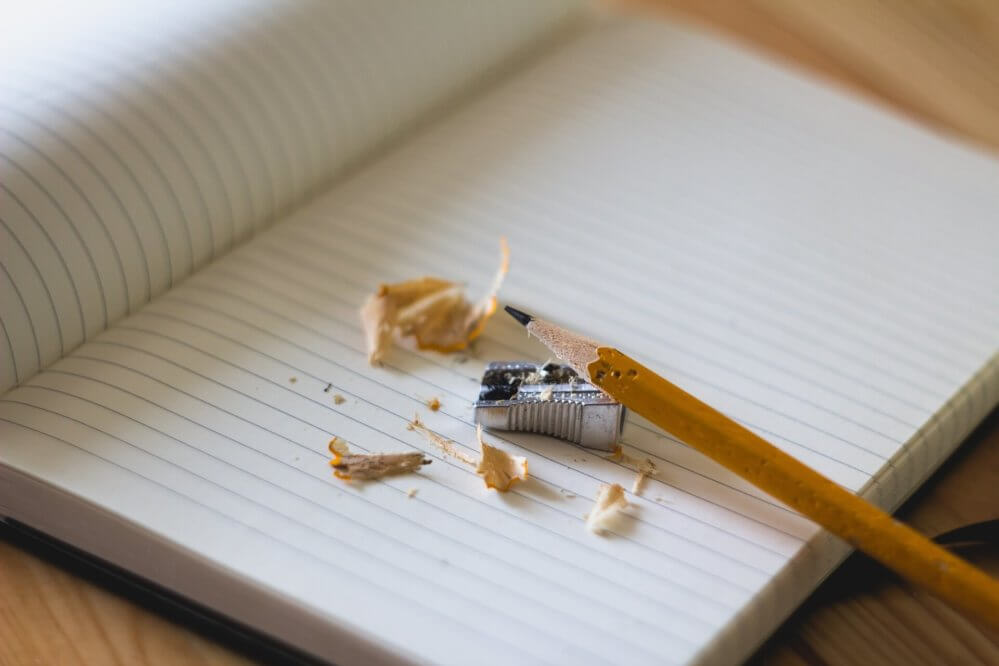
The Washington Post, and other legacy media, have to rebuild trust.
JOIN THE CONVERSATION: Sign Up For Dogwood’s Newsletter
One of the things that I talk with my students about constantly is the importance of fact checking. They’re usually first-time college students, trying their hand at the ins and outs of composition basics, new to properly citing sources and learning to evaluate what sources are reliable and trustworthy together to back up their arguments in credible ways.
To practice this, we comb through our news ecosystems, evaluating where it comes from, and why we trust the news sources we rely on regularly. I like to tell them about fact checkers, how a friend had written a piece where she said that she and an ex “talked all night on their first date,” and a fact checker from the outlet had called the ex to confirm that they had indeed, literally talked all night long.
I tell them about outlets that are independent and historically reliable in terms of the data, the core elements of a story–I encourage them to look at the NYT, the Washington Post, the LA Times, and others. We talk about freedom of the press and how important that is to establishing a communally agreed-upon understanding of the facts.
The News In Crisis
In an era where the accusation of “fake news” is thrown around to bolster conspiracy theory after conspiracy theory, we are forced to rely on cross-checking information as media consumers to aggregate a clear sense of the facts unless the outlets we are relying upon are consistently accurate and precise in their reporting.
The ownership of media outlets by VC investors has exacerbated this, as newsrooms have been pared down and copy editors and fact checkers have been fired en masse across the industry. What is fair reporting is up for debate as journalists defend their right to tweet personal things and still report accurately and with nuance on the same subjects they discuss and hold opinions on in private.
Washington Post Correction is Distressing
Given all of this, it’s distressing to see the correction coming from the Washington Post that indicates that they ran a major election story that all turned on a particular quotation from a source…that was misquoted. Badly.
The quotation originally stated Pres. Trump called the GA elections investigator and told her that she would be a “national hero”. It said he asked her to “find the fraud” in the election results back in December. The recording, reported in the WSJ on the 11th, actually has him saying she would find “dishonesty” and that she had “the most important job in the country right now.”
The difference between what he said and what he was reported to have said is both utterly significant and totally moot. It’s moot because, yes, he’s said those things in the weeks and months since. Trump issued a statement tonight that called the original story a “hoax” while stating that the call was about “voter fraud” (which was never found). But it’s extremely important in that this is a major paper of record getting something really significant very, very wrong.
This moment in the post-election melee was a pivot point as the House Democrats were collecting options for charges against Trump to impeach him for a second time, and this conversation was nationally discussed as one of the possible routes they could have chosen. The language in the actual call is certainly damning, but it toes the line of respectability far more than the incorrectly reported quotations did, and keeps Trump safely within his purview of the head of a branch of government checking up on a close Senate election results process.
Without Accurate Reporting, Reality is Up For Debate
This kind of sloppiness risks further eroding the public trust in journalism, already something that is so fragile and in need of robust defense from individuals reporting the news, the larger news production systems generating and distributing it, and those funding its future.
Without public trust in journalism and accurate reporting, we don’t have an agreed-upon reality from which we can function as a society. Increasing funding for fact checkers and being more thorough is the band-aid fix here, but the industry is clearly in need of more than just that.

VIDEO: Your support matters!
Your support matters! Donate today. @vadogwoodnews Your support matters! Visit our link in bio to donate today. #virginianews #virginia #community...

Op-Ed: Virginia’s new Democratic majorities pass key bills to improve your lives, but will Youngkin sign them?
The 2024 Virginia General Assembly regular session has wrapped up. It was a peculiar session from the outset, with Democratic majorities in the...

Op-Ed: Why Virginia Needs A Constitutional Amendment Protecting Reproductive Freedom
Virginia’s recent election season in 2023 drew in eyes from all over the country. Reproductive freedom was on the line and Virginia remained the...

From the state rock to the state flower, here’s how Virginia got its symbols
Have you ever wondered why the Dogwood is the state flower? Or how the cardinal became the state bird? We’re here to answer those questions and more...

VIDEO: Second-gentleman Douglas Emhoff gives speech on reproductive freedom
Second gentleman, Douglas Emhoff touched on reproductive freedom not only being a woman's issue but "an everyone's issue" during the Biden-Harris...

Glenn Youngkin and the terrible, horrible, no good, very bad night
Election Day 2023 has come and gone, and while there are votes to be counted, one thing is perfectly clear: Virginians unequivocally rejected Gov....




